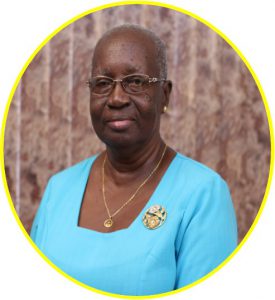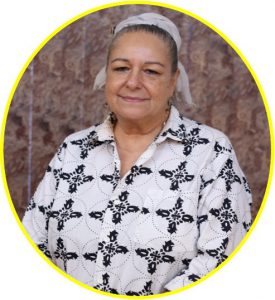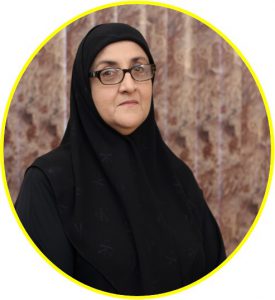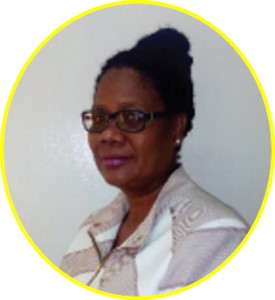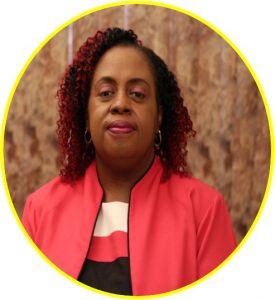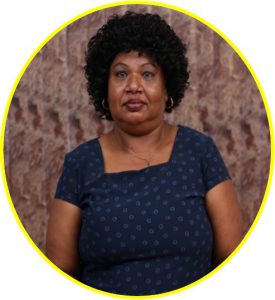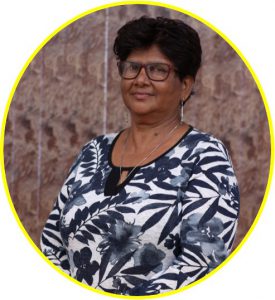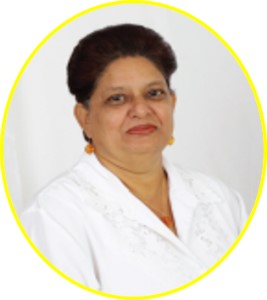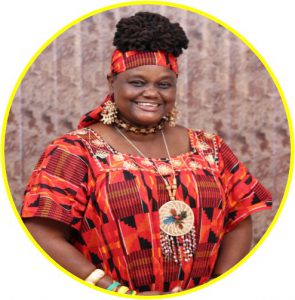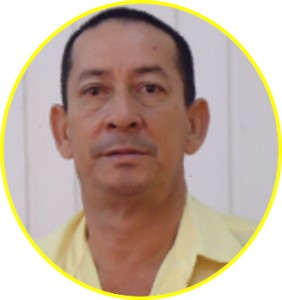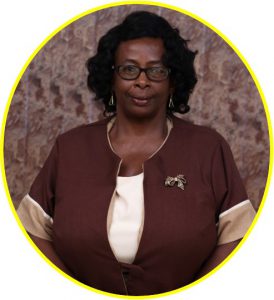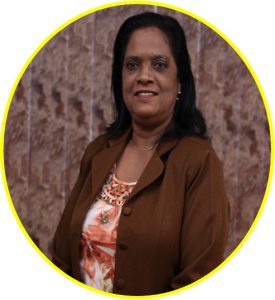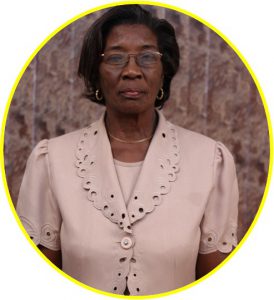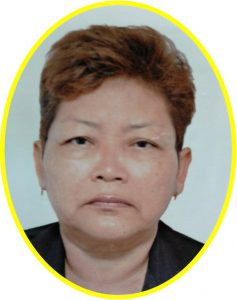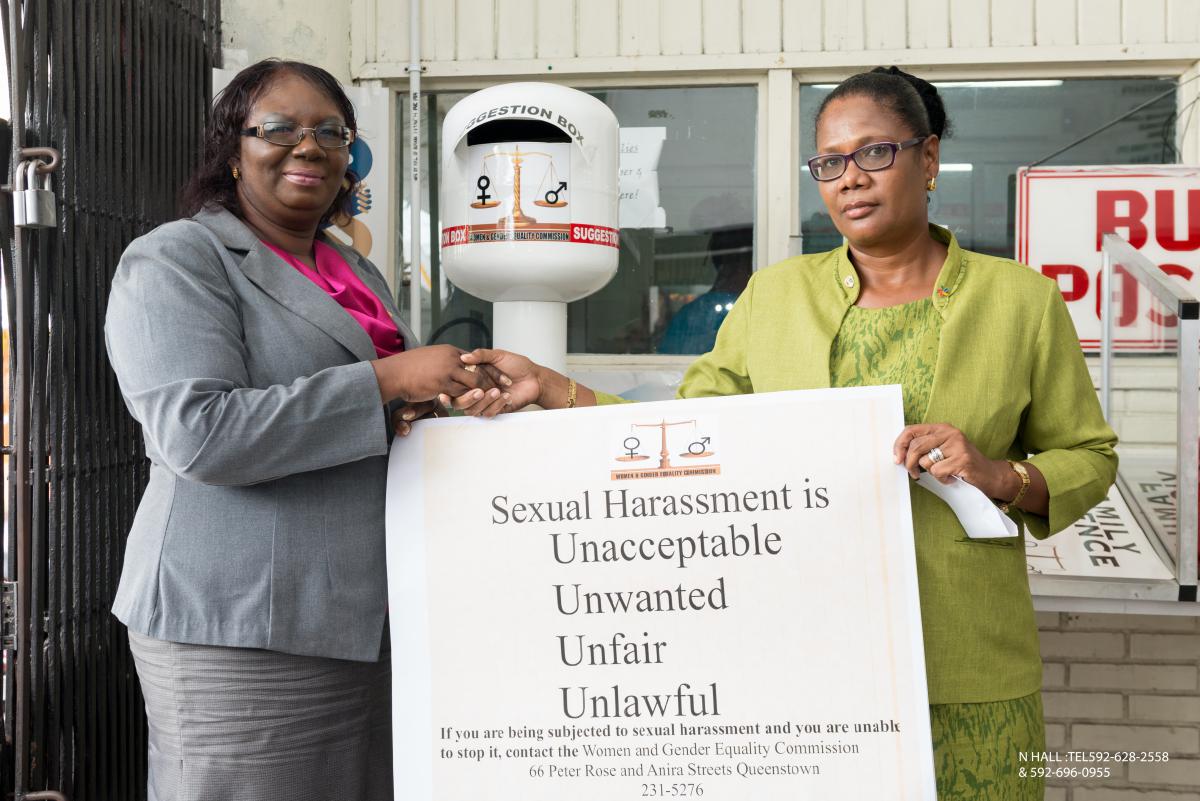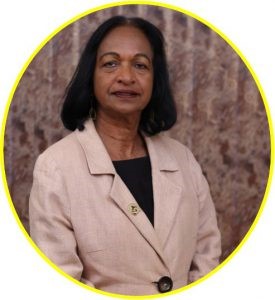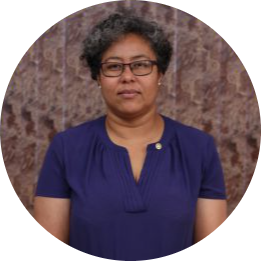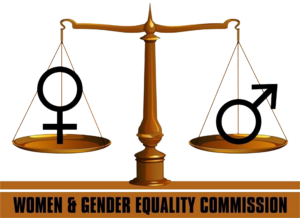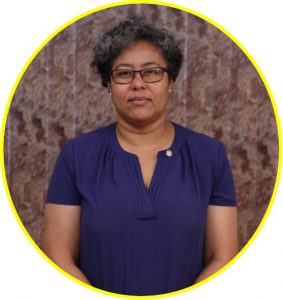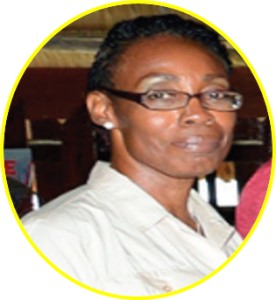
Former member of the now defunct freed organization that is responsible for the establishment Of the linden museum. 5 years with the guyana education access project working with children, parents, teachers, and Community members using semi-structured interviewing, direct observation, focus group discussions, local stories, and case studies. 2004 Co-author of ‘a flash down the road’, a documentary of Lindeners in the past. 5 years with mgmp- municipal governance and management program, region 10, which Encompassed domestic violence, child abuse, and parenting skills sessions and workshops in all The primary tops, secondary schools, and health centres in linden in collaboration with help and Shelter. Former secretary of the block 22 community development group that was responsible for the Block 22 multipurpose building project. Former chair of the management committee responsible for the functioning of the multipurpose Building. Previous chairperson of the wisroc block 22 focus group that was responsible for the Renovation of the multipurpose building and the execution of mlg/eptsi project which included a Children’s safe space, 24hr day care centre, food processing, sports, and other social activities.
Vice-chairperson of region the regional gender affairs committee region #10 which makes Representation for the welfare of women, men, and children. Commissioner on the women and gender equality commission. 1 year with c.c.m- country coordinating mechanism for global fund, and a member of the grant proposal review panel 2010
30 years as a researcher/enumerator for the bureau of statistics, u.g and other agencies. 28 years with the guyana election commission as registration clerk, presiding officer, divisional Registrar, Logistic supervisor 2006, supervisor 2008, deputy electoral registrar 2009, assistant Registration officer 2010, Returning officer 2012 Coordinator on the full gospel fellowship of churches women’s fellowship groups. Interests -to work towards the development of a better way of life for women, men, and children in spiritual, Socio-economical, and educational development, through strategic collaboration and partnerships.
